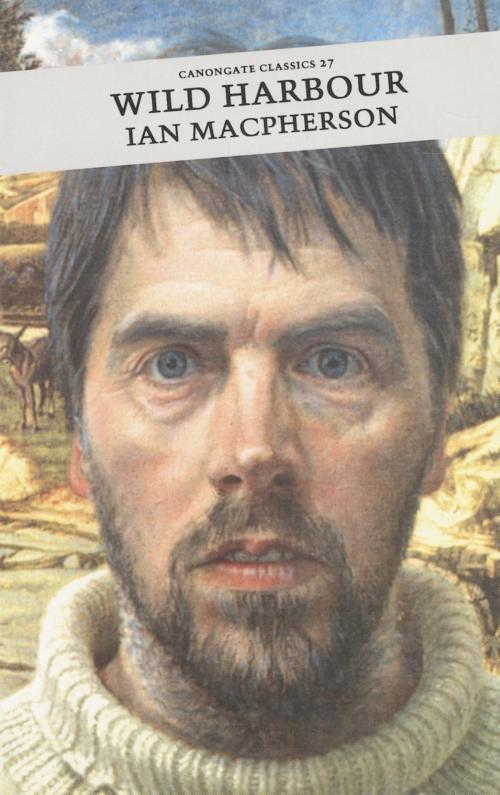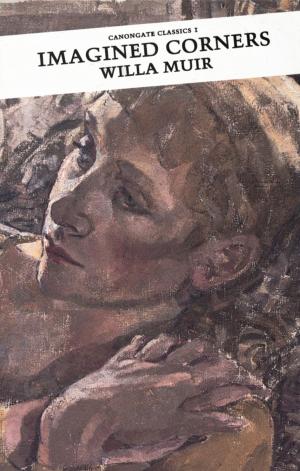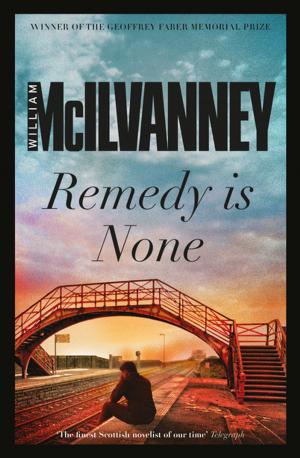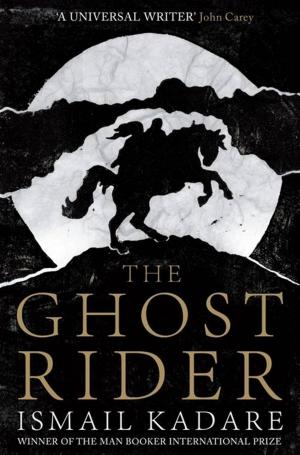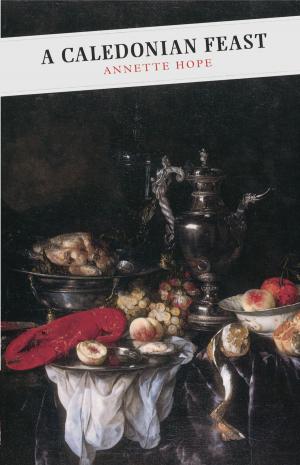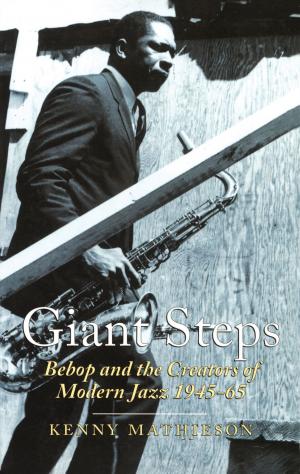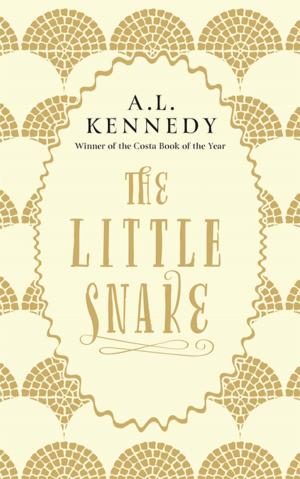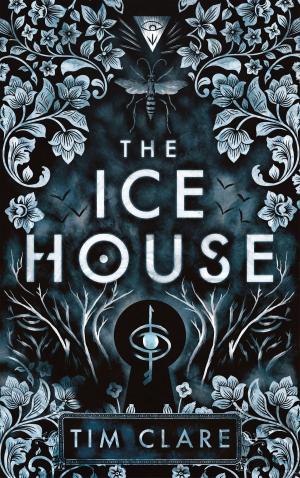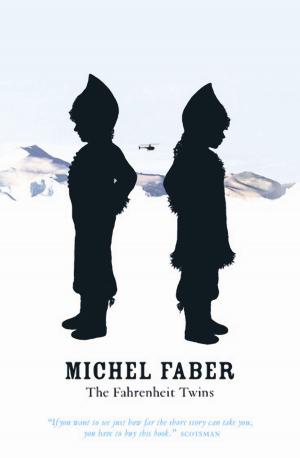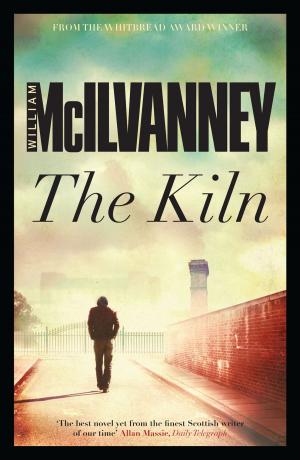| Author: | Ian MacPherson | ISBN: | 9781847675255 |
| Publisher: | Canongate Books | Publication: | July 1, 2010 |
| Imprint: | Canongate Books | Language: | English |
| Author: | Ian MacPherson |
| ISBN: | 9781847675255 |
| Publisher: | Canongate Books |
| Publication: | July 1, 2010 |
| Imprint: | Canongate Books |
| Language: | English |
Introduced by John Burns. This is the world of universal future war. Faced with the threat of bombs, bacteriological warfare and poison gas, a married couple whose pacifism compels them to opt out of ‘civilisation’, take to the hills to live as fugitives in the wild. Plainly and simply told, Wild Harbour charts the practical difficulties, the successes and failures of living rough in the beautiful hills of remote Speyside. In this respect the book belongs to a tradition of Scottish fiction reflected in novels such as Stevenson’s Kidnapped and Buchan’s John Macnab. But it takes a darker and more contemporary turn, for although Hugh and his wife Terry learn to fend for themselves, they cannot escape from what the world has become. Their brief summer idyll is brought to an end as the forces of random and meaningless violence close over them. Written in 1936, Wild Harbour has lost none of its relevance in a post-nuclear age, nor its power to move and to shock.
Introduced by John Burns. This is the world of universal future war. Faced with the threat of bombs, bacteriological warfare and poison gas, a married couple whose pacifism compels them to opt out of ‘civilisation’, take to the hills to live as fugitives in the wild. Plainly and simply told, Wild Harbour charts the practical difficulties, the successes and failures of living rough in the beautiful hills of remote Speyside. In this respect the book belongs to a tradition of Scottish fiction reflected in novels such as Stevenson’s Kidnapped and Buchan’s John Macnab. But it takes a darker and more contemporary turn, for although Hugh and his wife Terry learn to fend for themselves, they cannot escape from what the world has become. Their brief summer idyll is brought to an end as the forces of random and meaningless violence close over them. Written in 1936, Wild Harbour has lost none of its relevance in a post-nuclear age, nor its power to move and to shock.
